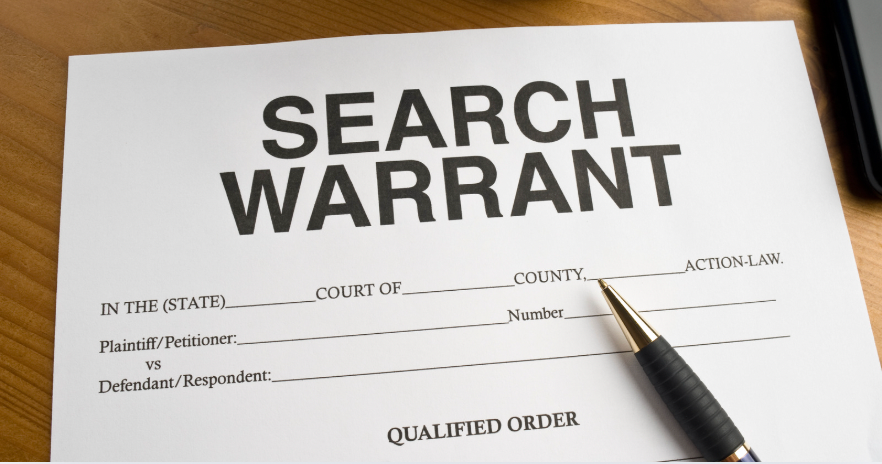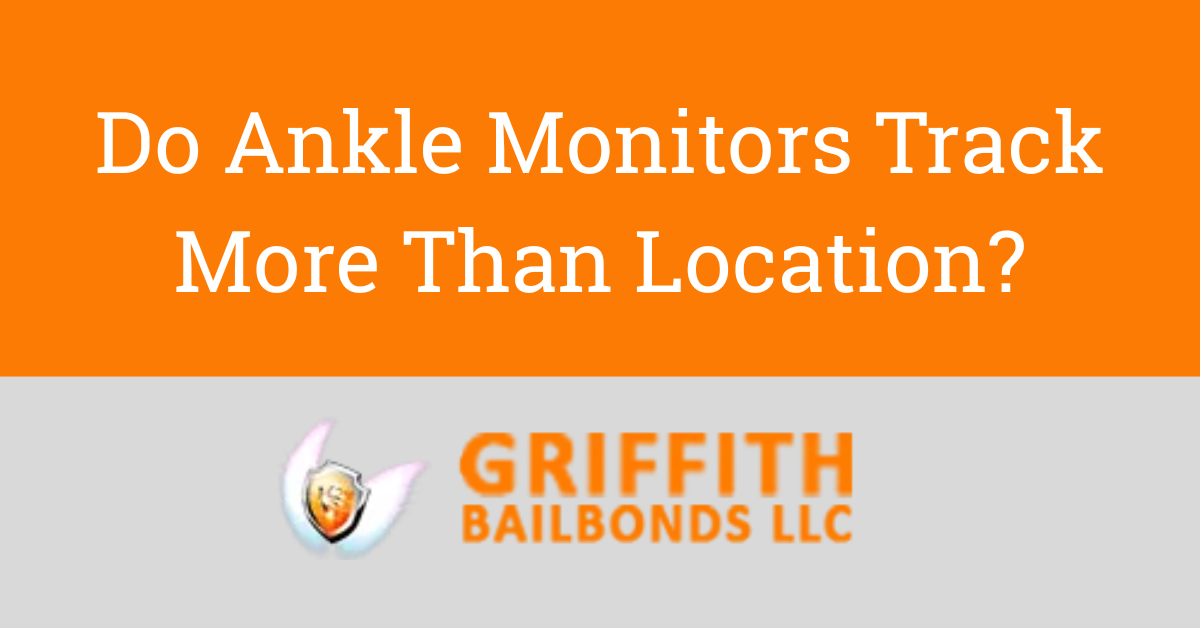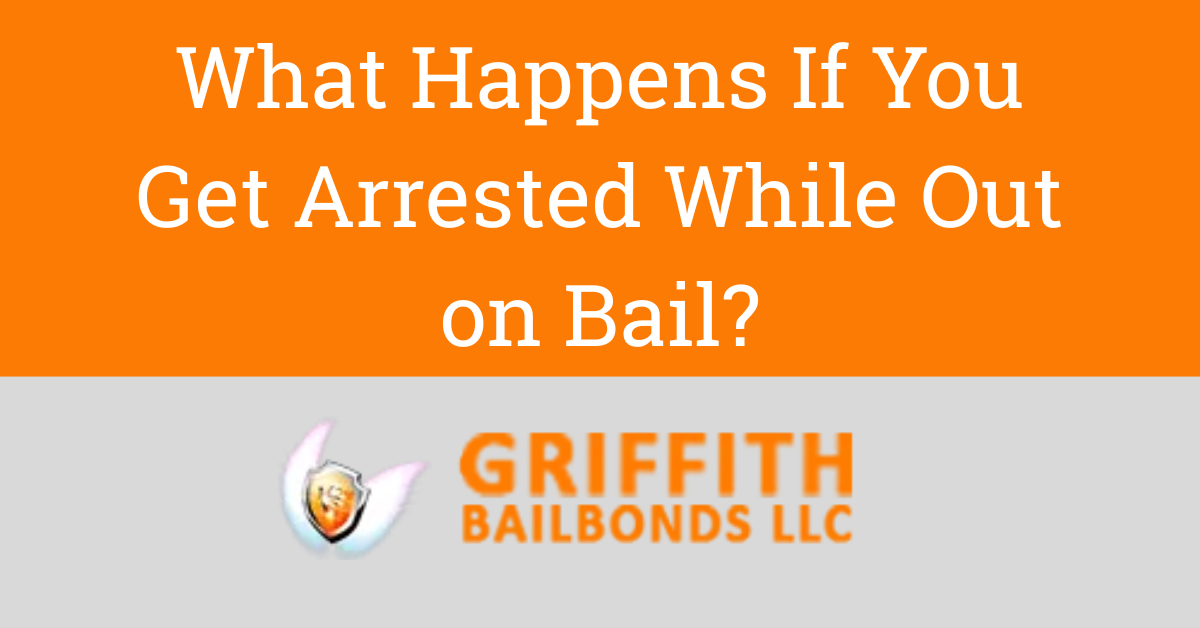What Does Bail Forfeiture Mean?
When someone is arrested and bail is posted, it's expected that the defendant will fulfill their obligation to appear in court for all required hearings. However, if the defendant fails to meet these obligations, they may face a legal consequence known as bail forfeiture. Understanding bail forfeiture is essential for anyone involved in the bail process, as it can lead to financial loss and additional legal trouble.
What Is Bail Forfeiture?
Bail forfeiture occurs when a defendant does not appear for a scheduled court date or violates the conditions of their release. Essentially, it means the bail money or bond is forfeited to the court. Whether bail was paid in cash or through a bail bond company, failure to comply with the court’s requirements results in the loss of the bail amount.
There are two types of bail forfeiture:
- Voluntary Forfeiture: The defendant knowingly fails to appear in court or abide by the bail terms, resulting in automatic forfeiture of bail.
- Involuntary Forfeiture: The court may declare bail forfeited if the defendant misses a court date, even if it was not intentional (e.g., due to an emergency or misunderstanding). In these cases, the defendant or their attorney may request a hearing to explain the absence and possibly prevent the forfeiture.
Consequences of Bail Forfeiture
The primary consequence of bail forfeiture is the loss of the bail amount. If cash bail was posted, that money is kept by the court. If a bail bond was used, the person who secured the bond (often a family member or friend) is responsible for repaying the full bail amount to the bondsman.
In addition to financial loss, bail forfeiture can lead to further legal problems for the defendant. The court will issue a bench warrant for their arrest, meaning law enforcement will actively seek to take the defendant into custody. Failure to resolve a bail forfeiture can result in more serious charges and complications in the original case.
Can Bail Forfeiture Be Reversed?
In some cases, bail forfeiture can be reversed if the defendant provides a legitimate reason for missing court. This process, known as remission, requires the defendant or their attorney to request a hearing and present evidence (such as a medical emergency) explaining the absence. However, remission is not guaranteed, and each case is handled individually by the court.
Need Help Understanding Bail? Contact Griffith Bailbonds Today!
If you or a loved one is dealing with bail forfeiture or any other bail-related issue, Griffith Bailbonds can help. We provide guidance through the entire bail process and can work with you to avoid costly mistakes. Contact us today for professional, fast, and reliable bail bond services!











